
“When I was sixteen, I was sent to a psychologist because I was told I had an anger problem. “Anger isn’t my problem,” I thought, “you’re my problem” “You” being the adults in my life who didn’t know how to talk to me. When I was told that I was angry, I just believed that I was an angry kid who couldn’t change. One day my psychologist told me about a way he learned to let go of some of his anger. He asked if I would give it a go. I was skeptical, but I tried what I now know as mindfulness meditation, and I learned a powerful lesion about how I could change my own reality.”
~ Jason Murphy, MA, LMFT, CADACII, ICAP
Jason Murphy knows how angry kids feel. He’s been one. He knows they feel alone, singled out, and misunderstood. He also knows how damaging and explosive expressions of anger can ruin teens’ relationships, devastate their families, and put their health and futures at risk.
As a counselor, he knows your struggle to get at the root of their anger. Knows the challenges of developing a relationship built on trust and respect with adolescents who are angry, alienated, and skeptical that anything will help. Knows the frustration of trying to end the cycle of reactivity and be the one to move angry young clients toward a healthier and more balanced life.
Full of practical applications, this recording will teach you to spark metamorphosis in your clients and effectively detoxify their anger. Cultivate transformation with motivational strategies that engage your most resistant clients and let them know that positive change is truly possible. Lessons on mindfulness, emotional regulation, compassion and problem solving are coupled with experiential exercises, skill building activities, and adaptable tools to reduce your clients anger response and empower them to manage their anger at home, school, and in their most important personal relationships.
Key Benefits:
- Skills that reduce negative self-talk and reframe the dysfunctional thoughts that lead to angered out-bursts, arguing, fighting, and out-of-control behaviors.
- Relaxation techniques and disengagement strategies that lower the anger response and help teens walk away from destructive confrontations.
- Assertiveness training — teach teens to share anger constructively and without aggression.
- Functional coping and social skills young clients can use to improve their school lives and help them stay grounded and in-control when tensions rise.
- Characterize various manifestations of anger and how the underlying causes of anger inform the clinicians choice of intervention techniques.
- Engage reluctant or difficult to treat young clients with strategies that effectively communicate the possibility of change and create a safe therapeutic environment for them to share their feelings.
- Develop a case conceptualization for angry and aggressive young clients that promotes collaboration between therapist, adolescents and parents and strengthens the therapeutic alliance.
- Determine an approach for teaching clients to identify physical indicators of anger in-session and specify how this skill can be put to practical use in real world settings.
- Reduce the body’s anger response with progressive muscle relaxation and mindful breathing techniques that diminish anger in the moment.
- Teach clients how to communicate anger constructively with assertiveness techniques that increase their emotional vocabulary and enable them to manage stressful and anger inducing situations without aggression.
Get Teen Anger: Shut Down Angered Out-Bursts, Arguing, and Out-of-Control Behaviors with Mindfulness-Based Strategies that Get Results of author Jason Murphy only price 79$
Address the Underlying Causes of Anger
- How anger styles inform your clinical approach
- Masked anger
- Explosive anger
- Chronic anger
- Create a safe therapeutic environment
- Exercise: common fears and threats
- Exercises: I am safe
- The cycle of anger
- Avoidance and shame
- Trauma
- The intersection of anger and addiction
You Can Change: Must-Have Techniques to Cultivate Transformation
- Assess readiness for change
- Cost benefit analysis intervention
- Motivational techniques
- Acceptance and change
- Exercise:
- The CALM log
Move Angry Teens past Negative Thoughts and Emotions
- Triggers
- Anger mapping
- Reduce negative self-talk
- Emotion regulation exercises
- Develop compassion for yourself and others
Stop Anger in the Moment: Calm the Body with Mindful Interventions
- Anger alarm – noticing anger in your body
- Breathe through anger
- Distraction and grounding techniques
- Self-soothing with calming words and imagery
- Techniques to release old anger
- Exercises
- Cooling wisdom Big Sky Meditation
- The Emotional Fire Extinguisher
Respond Instead of React: Teach Teens to Constructively Communicate Anger
- Assertiveness training techniques
- Build emotional vocabulary
- Defuse anger with humor
- Exercises:
- Deepen the well of understanding
- ”I” messages

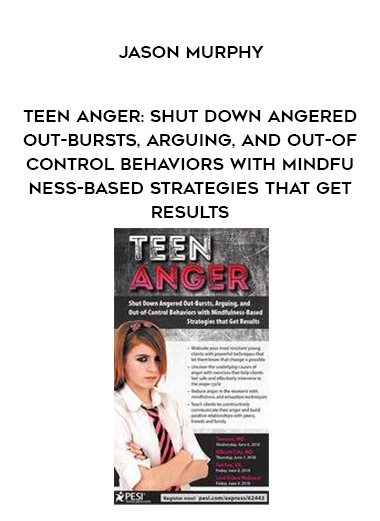
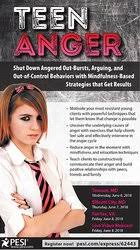
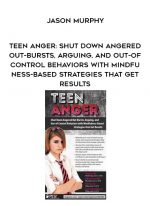
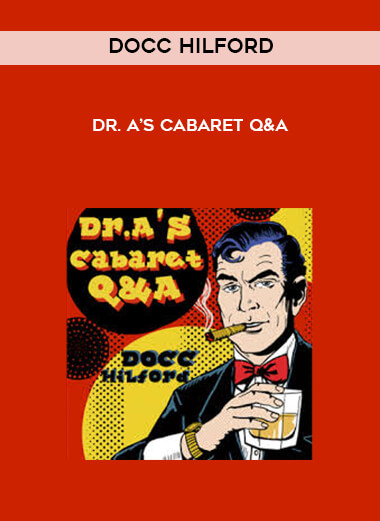
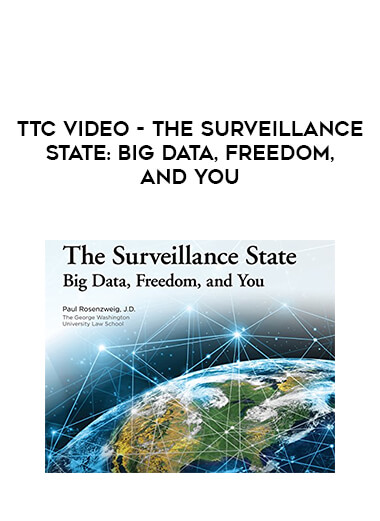



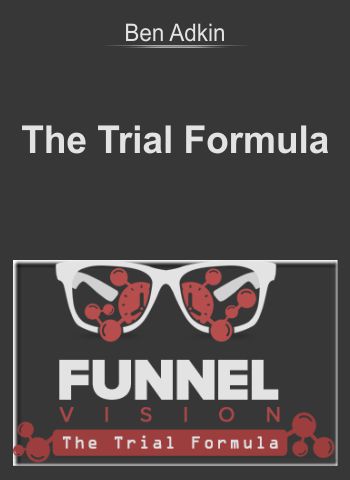
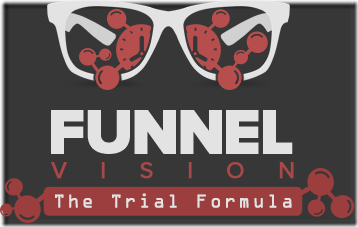
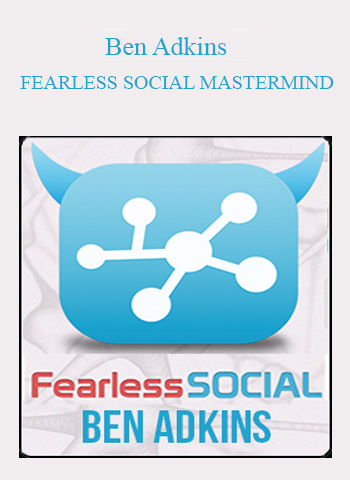
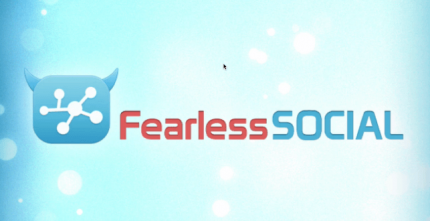
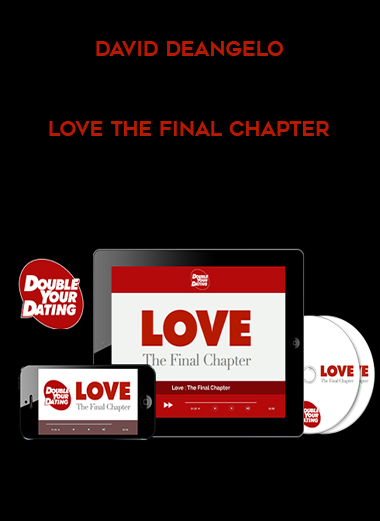
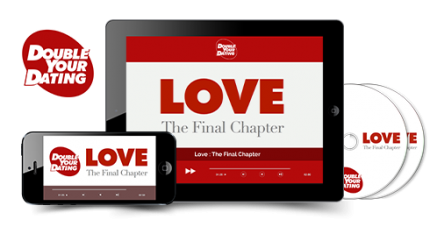
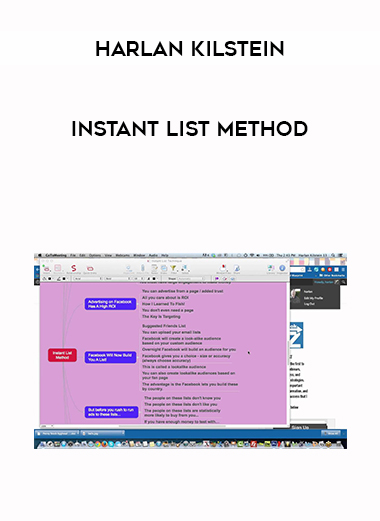
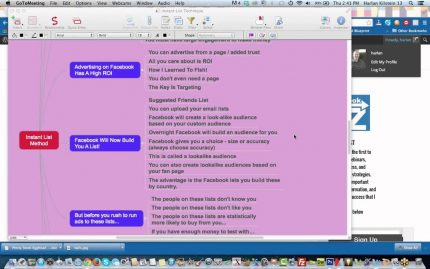
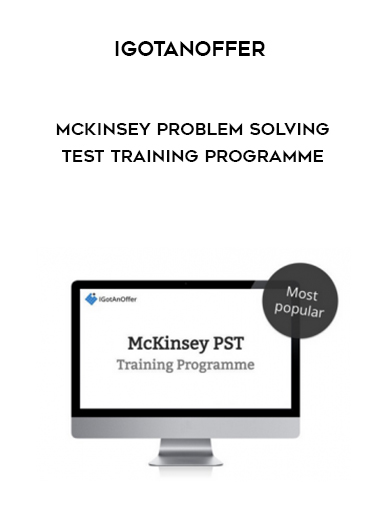
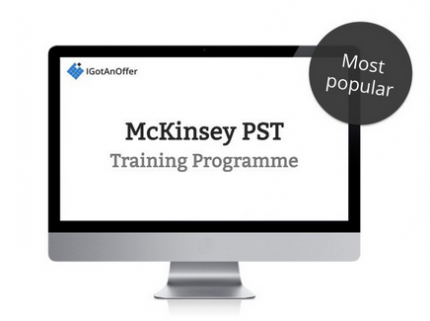
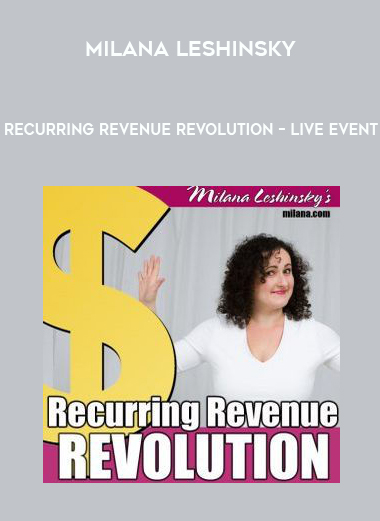

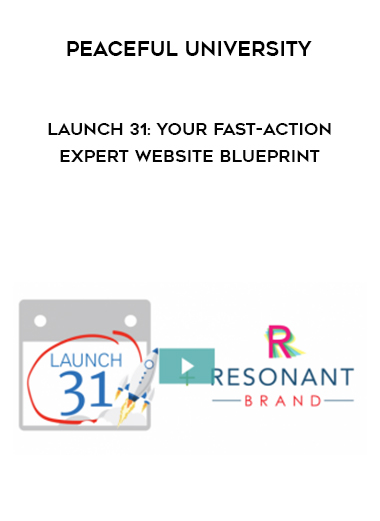
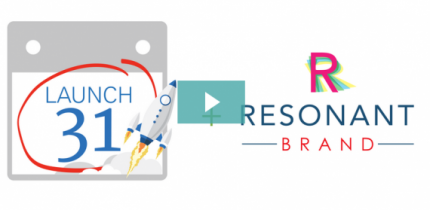










Reviews
There are no reviews yet.